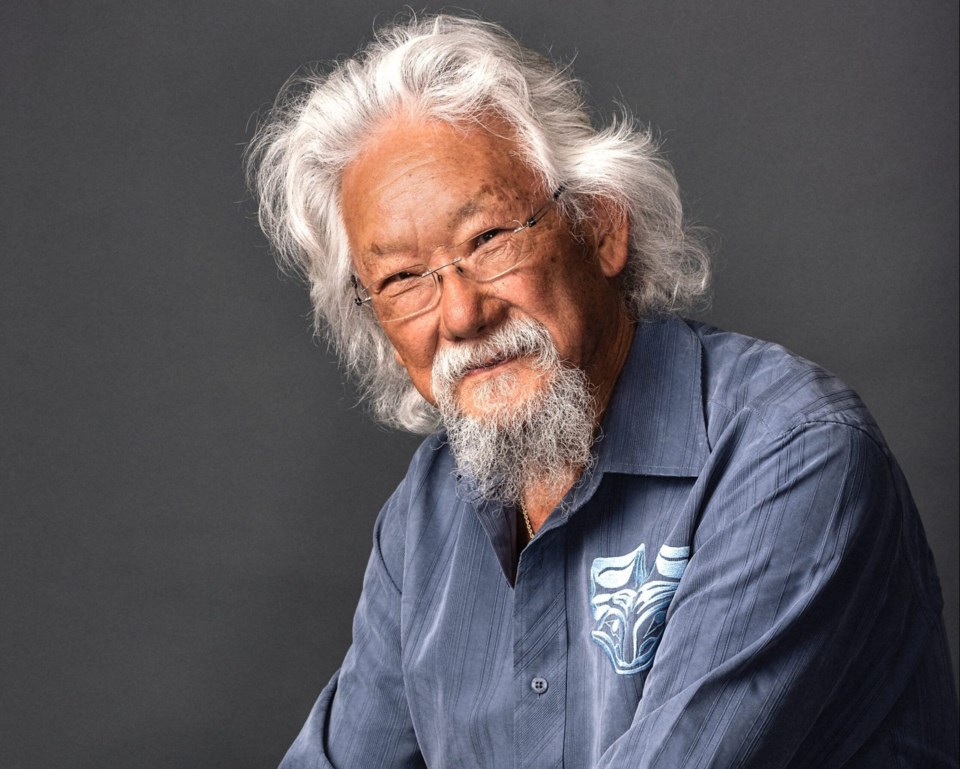Plastic has only been in widespread use for about 75 years. Now it’s everywhere, from the highest mountaintops to the deepest ocean, from the Arctic to Antarctic. In swirling ocean patches, in the air and soil, in our food and drink — even in our bodies — plastic in its many forms, including tiny micro- and nanoplastics, has altered our planet and our lives.
Governments are meeting in Geneva, Switzerland, from August 5 to 14 for final negotiations on a global, legally binding treaty to address plastic pollution, including in the marine environment. The “comprehensive” treaty would address “the full life cycle of plastic, including its production, design, and disposal.”
Negotiations were to have been completed in December in South Korea, but pressure from the fossil fuel and chemical industries and fuel-producing countries, including Saudi Arabia, Iran, Russia and China, stalled progress.
Almost all plastic is made from oil and gas — much of it now a product of the fracked gas industry. As the world shifts away from polluting, climate-altering fossil fuels, industry is plotting other ways to keep reaping obscene profits. Pushing plastic is high on the list (along with disingenuously touting “natural” gas as a climate solution).
But plastic comes with as many problems as the oil and gas it’s manufactured from. And, as with the impacts of burning fossil fuels, plastic pollution disproportionately affects vulnerable and marginalized people and communities.
One issue is that wealthy countries export much of their waste to poorer countries with lax or non-existent environmental regulations and inadequate waste management systems — known as “waste colonialism.” Exported plastics are supposed to be recycled, but they’re often burned or dumped. Some countries, including China — which once took almost half the world’s plastic waste — have banned imports. Now more flows to other, smaller countries.
As nations scramble to find places to send their waste, people keep producing more. According to the Global Plastic Action Partnership, the world creates 460 million tonnes a year (up from two million tonnes in 1950), of which only nine per cent gets recycled. Without intervention, that could triple by 2060, costing hundreds of trillions of dollars, polluting air, water and land and killing numerous plants and animals, including us. At this rate, plastic in the ocean will outweigh the fish by 2050.
Plastics are convenient — lightweight, strong yet flexible, corrosion-resistant and waterproof. They can be moulded into any shape and made clear or any colour. But as with many things in our hyper-consumer societies, we produce and use way too much. When I was growing up, no one used plastic bags, packaging or straws. More than half the plastic ever made has been produced since 2000. Plastic is now showing up in human brains, livers, kidneys, joints, reproductive organs, bones and blood.
This treaty is necessary and must incorporate “circular economy” principles into dealing with plastic pollution. But we have to push back against fossil fuel and chemical industry influence. Under that pressure, references to human rights and the United Nations Declaration on the Rights of Indigenous Peoples that appeared in previous drafts were removed from the December version — even though Indigenous communities are disproportionately exposed to the significant and systemic toxic harms of global plastics production and pollution.
To be effective, the treaty must recognize Indigenous rights and the role of Indigenous knowledge in treaty implementation. It should also take a human rights–based approach that promotes environmental justice, prevents environmental racism and recognizes the right to a healthy environment.
Plastic production should be capped globally and non-essential single-use plastic products banned. Chemicals of concern in plastics and/or used to manufacture them should be prohibited or restricted.
We also need to use all existing international legal instruments — including the Basel, Rotterdam and Stockholm Conventions on hazardous chemicals and wastes (especially the Basel ban and plastics amendments); Paris Agreement fossil fuel phase-out objectives and subsidies commitments; and plastic pollution objectives under the Global Biodiversity Framework.
A “high ambition” coalition of 70 jurisdictions, including Canada, the European Union, Australia and the United Kingdom, has committed to take “urgent action and effective interventions along the full lifecycle of plastics” to end plastic pollution by 2040.
We can’t let industry dilute or obstruct this life-saving agreement.
David Suzuki is a scientist, broadcaster, author and co-founder of the David Suzuki Foundation. Written with David Suzuki Foundation Senior Writer and Editor Ian Hanington.
Learn more at davidsuzuki.org.



